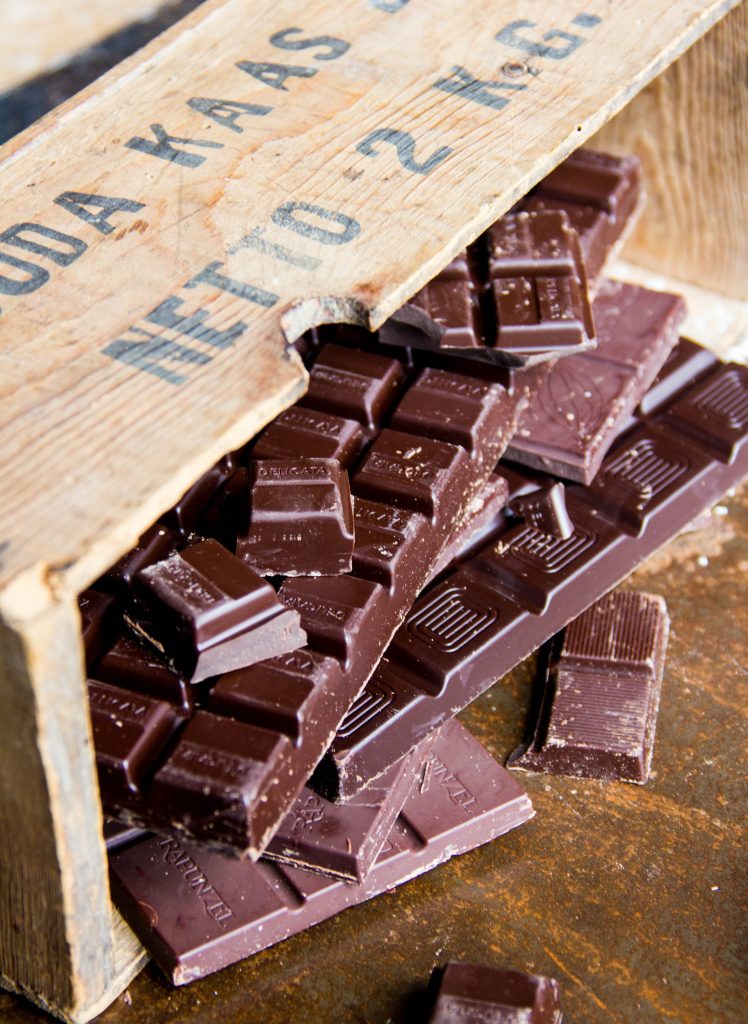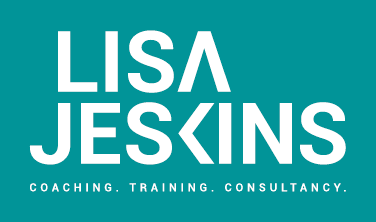
Photo by Simone van der Koelen on Unsplash
Some of my favourite books on changing behaviours and habits are by Gretchen Rubin and Rangan Chatterjee.
They both have an overriding message about not making change too drastic or big for us to cope with.
Trying to change everything in one go can lead to us feeling overwhelmed and hard done to. It exacerbates ‘all or nothing’ thinking so if we have a day where we ‘fail’, we can think that’s it, I’ve ruined it now, ‘I might as well eat all the chocolate for the rest of the week’ or not exercise at all.
It’s more helpful to think about small changes or even tweaks to what we already do. Making changes small and manageable can help us sustain those changes.
Josh Hillis (2015) has a nice tweak or ‘hack’ as he calls them for trying to improve your diet. He discusses choosing one meal on one day and going from there. So you make sure you have a healthy and nutritious breakfast on Mondays. You then see if you can make all your breakfasts good breakfasts and then one lunch etc.
I love Rangan Chatterjee’s book ‘Feel better in 5’. (2019) He’s distilled a lot of information in an easy to digest format and then provides practical 5-minute tips to do that. He’s read a lot about the psychology behind behaviour change and advises people to link the new habit to something you already do. It could be something you do while you’re cleaning your teeth, or just after. His example is 5 minutes of exercise whilst brewing coffee. When I was still driving every day I did my physio exercises for my neck at traffic lights (They are eyes open and forward exercises, I made sure no-one was in danger).
If you need to drink more water then linking that to something like taking a drink every time you get an email or a text might be an idea.
Gretchen Ruben looks a lot at how to make things really easy to do. My gym is at the end of my road. (Online and in my living room now obviously) Trainers or walking shoes by the front door. Putting your PE kit out the night before if you’re planning to exercise first thing.
The other thing I’d say, particularly with exercise is to make it something you enjoy. If you HATE it, it will be really hard to keep doing it. With food I think of something healthy, (and I don’t necessarily mean light or fat free here, I mean balanced and including veg and protein), I see if I can think of something I love and that is easy to make. My Aunty introduced me to Garlic prawns with pear and walnut salad. I’m obsessed. I don’t always have pear but I often have dried fruit in the cupboard and I always have walnuts in. It takes about 10 minutes with salad prep and I think it’s a great meal.
What might work for you? Is there anything you’d like to change? What might make it easier to do it? Can you break it down into smaller steps? What else might help? Do you need anyone to help you?
Ruben also talks about accountability and this is often a part of the coaching process. We’ll often ask a client and what will make you accountable and how will you make sure it happens? Sometimes we need help with this. My gym (Results Inc.) books me in for my next session before I leave. They also text if you miss it. Consequently, I hardly ever miss going.
Sometimes I ask someone to be my responsible adult and then text them or email them when I have done the whatever thing I’ve been putting off that week.
References
Chatterjee, D., 2018. 4 Pillar Plan – How To Relax, Eat, Move And Sleep Your Way To A Longer, Healthier Life. London: Penguin Random House.
Chatterjee, R., 2019. Feel Better In 5: Your Daily Plan To Kick-Start Great Health. London: Penguin Random House. p.26
Hillis, J. and John, D., 2015. Fat Loss Happens On Monday: Habit-Based Diet And Workout Hacks. Aptos: On Target.
Rubin, G., 2016. Better Than Before: What I Learned About Making And Breaking Habits – To Sleep More, Quit Sugar, Procrastinate Less, And Generally Build A Happier Life. London: Hodder & Stoughton.
